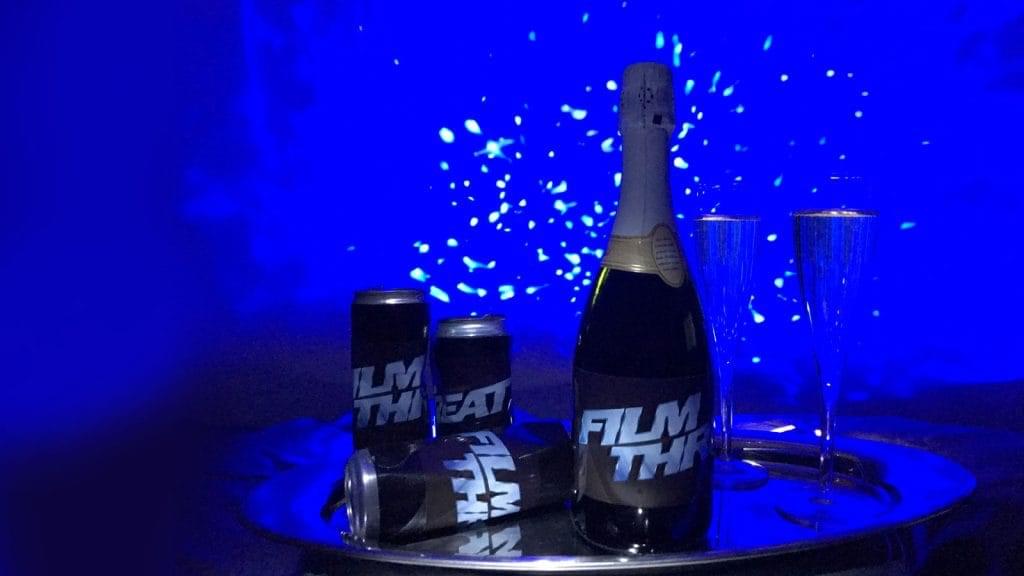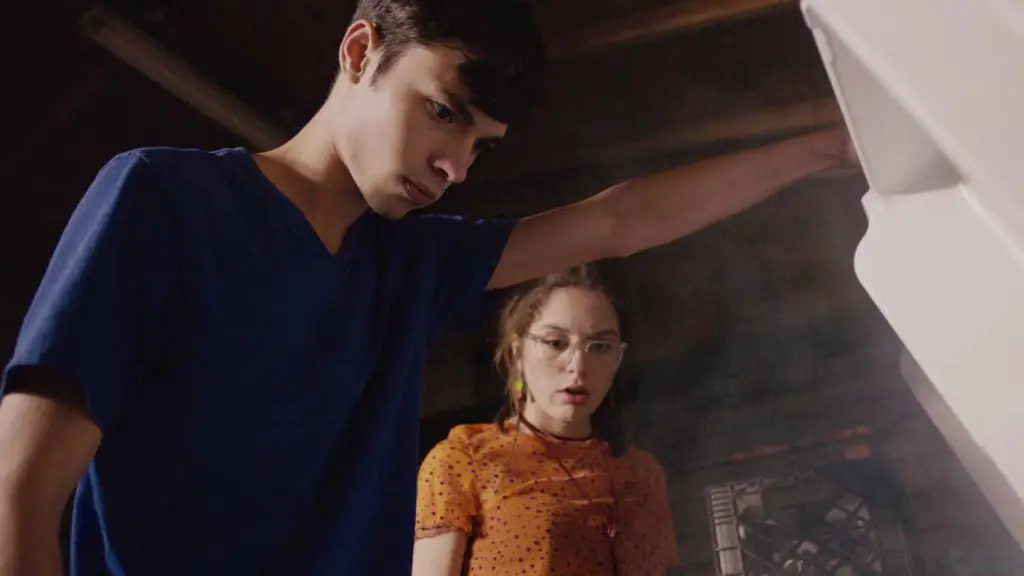
Spoilers Ahead!
The original adaptation of Roald Dahl’s children’s book, “Charlie and the Chocolate Factory,” came out way back in 1971 and starred Gene Wilder as candy-making oddball Willy Wonka. The movie (which replaced “Charlie” with “Willy Wonka” in the title) is loved by legions of fans to this day. Ironic, then, that the film bore little resemblance in tone to Dahl’s original book. The script was massively rewritten by David Seltzer, who threw out many of the darker elements and inserted numerous literary references for Wonka to recite. Dahl was reportedly so incensed he refused to sign over sequel rights to the next book, “Charlie and the Great Glass Elevator.” “Willy Wonka” fared poorly at the box office, and that was that.
So here we are, 30-odd years later, and – as is the way of such things in Hollywood – it’s remake time. Encouraged by the original’s strong following and stronger DVD sales, Warner Brothers decided to bring in Tim Burton to lend his particular style to the new version. Burton has been hit and miss his whole career, so the question is: does “Charlie and the Chocolate Factory” reach the soaring highs of “Ed Wood?” Or does it sink to the unfathomable depths of Planet of the Apes?”
But before we get to that…everyone knows the story, right? Eccentric “chocolateer” comes out of self-imposed 15-year exile to invite five children to take a tour of his factory, using golden tickets hidden in chocolate bars. The first act concerns the winners of these prizes, including our hero, Charlie Bucket (Freddie Highmore). Charlie is one of those saintly, well-behaved kids that doesn’t actually exist, but we’ll accept this characterization given the extreme stereotypes who secure the other tickets: Augustus Gloop – the fat kid, Veruca Salt – the spoiled brat, Violet Beauregarde – the incessant gum chewer, and Mike Teavee – video game whiz. Only Mike’s character has been significantly updated, and even then, it doesn’t alter his eventual fate.
Once the kids (and their chosen adult companions) enter the factory and meet Willy Wonka (Johnny Depp), the fun begins. During the tour, various hilarious accidents befall the children, most of which you already know from the original (several of these scenes aren’t much different from the 1971 version), although the production values have obviously been goosed, and Veruca’s exit (with the help of a horde of trained squirrels) has been restored to its rightful place, another reason to marvel at the technological wonderland in which we live.
Burton also uses Dahl’s original lyrics, coupled with Danny Elfman’s music. And unlike the 1971 movie, which used the same melody each time a naughty kid made an exit, the songs here are lavish numbers, featuring hundred of Oompa-Loompas (all played by diminutive actor Deep Roy). Most work well (especially Gloop’s and Mike Teavee’s, which channels “Bohemian Rhapsody”). The rest of the music is distinctly Elfman. How good or bad that sounds to you will depend on how much affection you still have for the guy after almost 20 years of his hyperactive orchestration.
Some of the changes aren’t for the better, however. A subplot involving Wonka’s childhood with his dentist father (Christopher Lee, always a welcome sight) is thrown in to give the chocolate maker some background, but it – as well as the family friendly ending – are unnecessary for our enjoyment of the character, who is – at his core – a slightly deranged man-child. With Gene Wilder’s portrayal, you knew he was putting you on, with Depp, it’s obvious the guy has issues. It wasn’t necessary to spell them out, however, and the picture suffers for it. I mean, isn’t it possible for someone to be misanthropic without it being the result of deep-seated childhood trauma?
Fortunately, the bulk of “Charlie and the Chocolate Factory” ranks pretty highly, capturing both the effortless goofiness and eerie undercurrents of Burton’s better efforts. Some moments, such as the scene where the children are “welcomed” to Wonka’s factory, are wonderfully off-kilter. And while the characterizations of children don’t stray too far from those of their 30 year-old counterparts, they exhibit a little more ruthlessness than before. The message remains the same, as children and parents alike are chastised for their bad behavior. And there are fine performances by Highmore and David Kelly (as Uncle Joe) to keep the story centered. It’s a Tim Burton film, make no mistake, (as if a movie featuring Depp and Helena Bonham Carter and scored by Danny Elfman could be anything else), but in hewing so closely to Dahl’s source material, Burton manages to avoid some of the goofier pitfalls of his past efforts.
In the end, we have to ask if this remake was really necessary. That’s a trick question, because remakes almost never are, and there wasn’t a lot of demand for this one to begin with. Dahl himself, the only guy with a legitimate gripe about the original, died in 1990. And yet, the two versions of “Charlie and the Chocolate Factory” should be able to coexist peacefully. Burton fans and those eager for a more accurate adaptation of the novel will be happy with this new movie, while nostalgia-addled Gen X-ers and stoners of all ages will always have the original.
Disagree with this review? Think you can write a better one? Go right ahead in Film Threat’s BACK TALK section! Click here>>>

